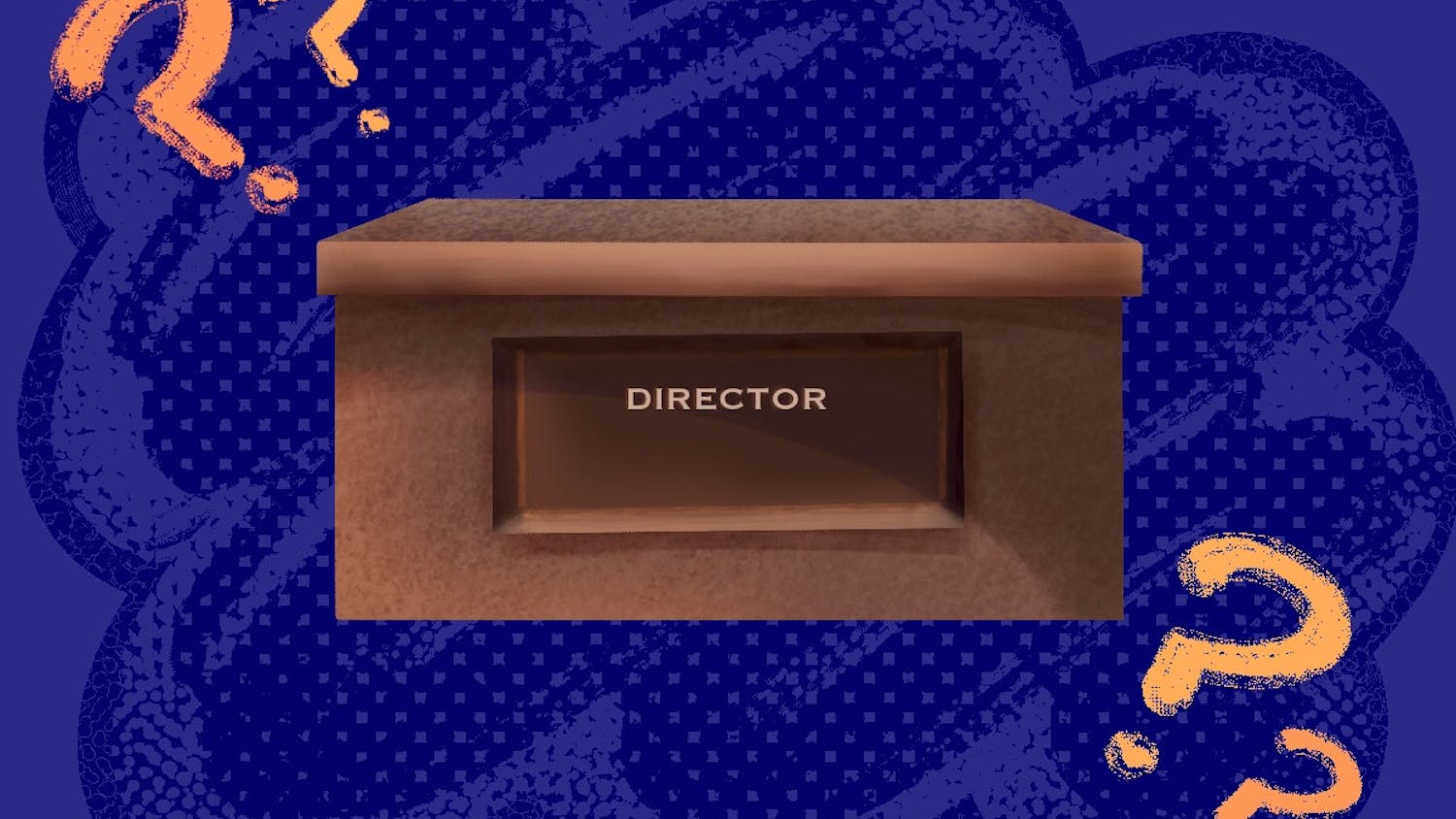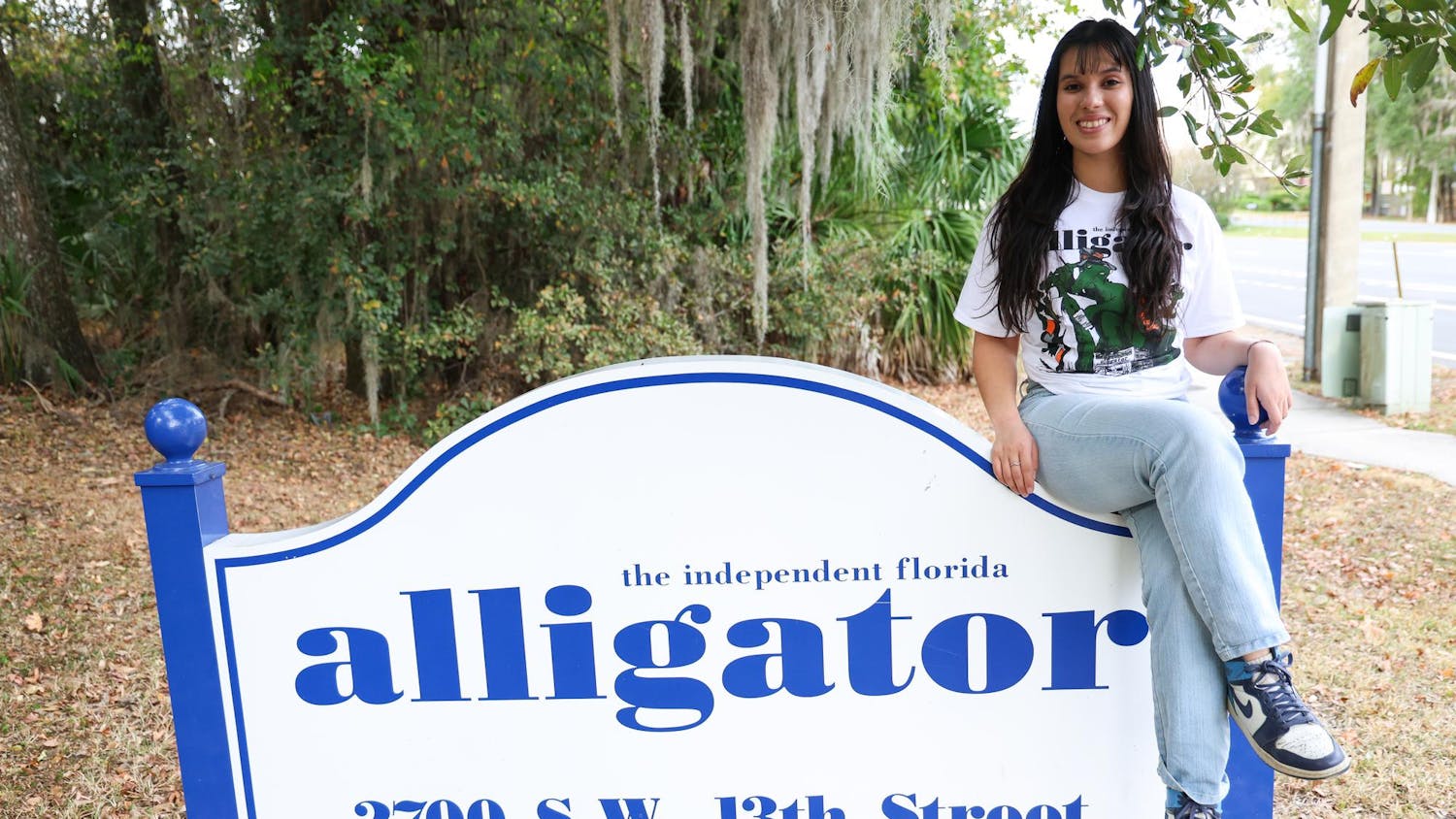This past week, the Supreme Court listened to testimonies to judge the constitutionality of nationalized health care, or “Obamacare,” the moniker given by its right-wing opposition.
Such proceedings — a room full of lawyers debating the wording of a 2,700-page document, which will go unread by most of the congressmen who voted on it (but you can hardly blame them) — bring out the worst in our current legislative climate. One is reminded of Winston Churchill’s thoughtful quote, “If you have 10,000 regulations, you lose all respect for the law.”
It is odd to think that our Constitution, the most erudite formulation of laws ever assembled by mankind, is small enough to fit in one’s pocket, yet this leviathan piece of legal craftsmanship couldn’t even fit in a briefcase. The health care code is an indiscernible mess, written by lawyers to be understood by lawyers.
Such foppish elitism can make one pine for Savannah, Ga., in 1734, when all lawyers were banned from the city to be free from, as James Oglethorpe called them, “the pest and scourge of mankind.”
Is it truly healthy for a nation to have any code of law that cannot be understood by the common man?
As the years pass and our bills and regulations get longer and longer, one cannot help but think that we have departed from the system of common law forged by our ancestors and rather embraced Napoleonic law — a system of government that descends from the rulers to the masses, rather than the other way around.
Everywhere we look, there is evidence of intensive government regulation. Our soda cans display every ingredient known to man (most of them unpronounceable), occupancy limits are plastered in every auditorium and we cannot even travel by airplane without the risk that an errant piece of metal will give reason for us to be stripped and humiliated before a slack-jawed band of uniform-wearing ingrates.
Is this the freedom our fathers envisioned? If it is, we might as well begin quartering redcoats in our dorm rooms.
Some regulations, to be sure, are reasonable — I wouldn’t want to drive on a highway without speed limits. But even that proves that the best regulations are those than can be understood by everyone. You don’t need a law degree to know that if your speedometer says 90 when you pass a sign that says 60, you need to slow down.
Yet most regulations are not only unnecessary, but also condescending in a way that would make Napoleon proud. Do we really need a list of ingredients on a can of Mountain Dew to know it’s bad for us? And do we truly need a taxpayer-supported government employee to inform us when a room is crowded?
Our government seems to think that without its rules and regulations descending from on high, we would devolve to the Victorian era of sweatshops and chimney sweeps.
There is a practical way to limit government intrusion and return us to the era of common law. Ironically, it requires a new law, but it would be worth it: “No law or regulation, at the State or Federal level, can be longer than the Constitution” (our 10 finest laws were no more than a sentence each, but one cannot expect mankind to have the succinct wisdom of the Almighty).
No longer would every legislator need a law degree to understand what they vote for and neither would the average citizen. We would live more freely, and our government would rule more justly. Such a law is unlikely to be passed, for it would end the current bacchanalian legislative orgy, but we, as citizens, could make it an issue to fight for.
Luke Bailey is a history junior at UF. His column appears on Wednesdays.





